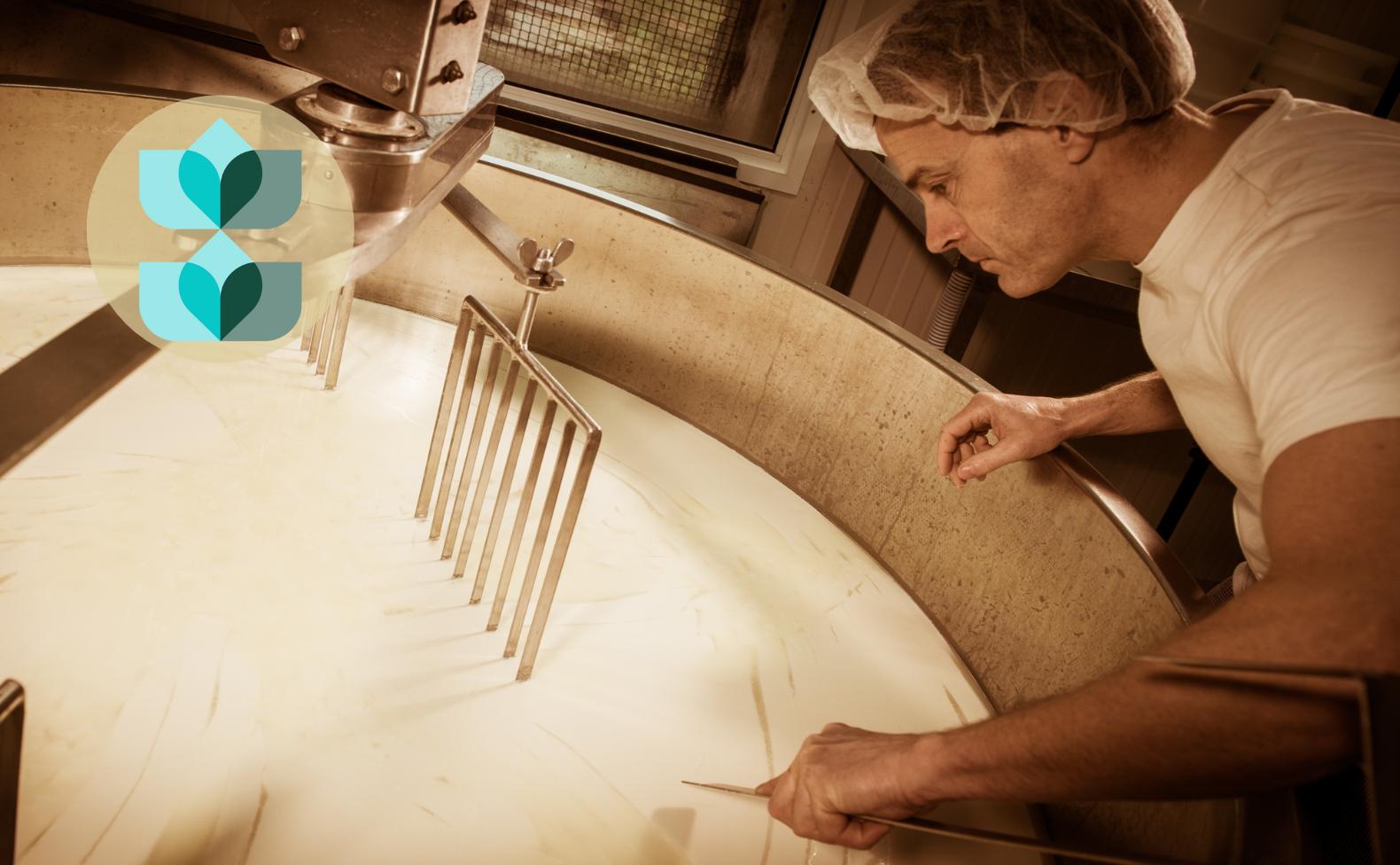In today's conscientious consumer landscape, the demand for ethically sourced and sustainable items has surged. Private label food manufacturers have become pioneers in this domain name, often working together with contract food manufacturers to spearhead sustainability and accountable sourcing efforts. With a resolute commitment to environmental principles, exclusive label brand names have actually made it their mission to deliver sustainable, premium options to customers.
Private Label Food Manufacturers
Over the last few years, private label food manufacturers, likewise referred to as own brands or shop brand names, have experienced an exceptional surge in popularity. These manufacturers produce items offered under the logo design of a retail store, grocer, or exclusive entity. What sets private-label items apart is their capacity to supply affordable pricing without endangering on quality.

Contract Food Manufacturers
Numerous private-label food producers join forces with contract manufacturers to create their product. Agreement food suppliers are experts in generating foodstuff for exclusive tags. This tactical partnership enables exclusive label firms to take advantage of the know-how, resources, as well as committed food production facilities of their partners.
Sustainability at the Core
Private label food private label specialty foods manufacturers employ various strategies to boost sustainability within their supply networks:
Moral Sourcing:
Private label firms are progressively dedicated to sourcing ingredients according to moral and also fair profession standards. This requires making sure that producers and workers of resources, such as coffee beans, spices, or cacao, obtain fair payment for their initiatives.
Local Sourcing:
Prioritizing regional sourcing of active ingredients is an additional trademark of private-label food manufacturers. This not only reduces the carbon footprint related to transportation however likewise sustains regional farmers and also areas.
Organic Contents:
With the organic food market increasing, personal tags are reacting by incorporating organic ingredients into their product. Organic farming practices focus on dirt health while eschewing synthetic chemicals and also plant foods.
Lasting Fish and shellfish:
Private Label Food Manufacturers are persistent in ensuring that the fish and shellfish they utilize is sustainably gathered, adhering to standards established by organizations like the Marine Stewardship Council, which promotes accountable angling.
Minimized Food Waste:
Exclusive label business are actively working with reducing food waste by applying effective manufacturing processes and also developing items with longer shelf lives. Some brand names are also partnering with food rescue companies to contribute excess food to those in demand.
Eco-Friendly Packaging as well as Campaigns
Sustainability initiatives by private-label food makers extend past sourcing ingredients to encompass packaging and also eco-friendly campaigns:
Sustainable Product packaging:
Exclusive label brand names have actually embraced environment-friendly packaging options, including recyclable, eco-friendly, or compostable products. Revamping packaging to decrease excess material and lower ecological effect is a leading priority.

Waste Decrease:
To minimize wastefulness, private-label food suppliers maximize item dimensions, reduce excess packaging, and also check out innovative product packaging services. Some brand names also motivate clients to participate in reusing programs.
Power Effectiveness:
Lots of private label manufacturers are buying more energy-efficient production plants, minimizing water use, as well as adopting renewable resource resources to even more lower their ecological impact.
Carbon Neutral Initiatives:
Some private brand name food manufacturers are taking ambitious steps to attain carbon neutrality by offsetting their greenhouse gas emissions with reforestation projects and also renewable energy credit ratings.
Difficulties as well as the Roadway Ahead
In spite of the considerable strides made in sustainability and responsible sourcing, private-label food producers deal with obstacles. Balancing sustainability with cost-effectiveness can be a delicate act, occasionally requiring compromises on lasting components or the exploration of environmentally friendly alternatives.
However, the future of private-label food manufacturing holds excellent promise. As consumer recognition and also demand for lasting products remain to rise, private-label brands as well as their agreement food manufacturing companions are most likely to intensify their initiatives. Cooperation with distributors as well as investment in lasting technical breakthroughs and also transparency will be essential in shaping a lasting future for the sector.
Regularly Asked Questions
Q1: What are private label food manufacturers?
Private label food manufacturers produce goods marketed under the logo design of a retail store, grocer, or exclusive entity. They use competitively priced products without endangering on high quality.
Q2: Just how do private label food manufacturers promote sustainability?
Private label food manufacturers advertise sustainability via ethical sourcing, regional active ingredient purchase, making use of organic ingredients, lasting fish and shellfish techniques, and also initiatives to minimize food waste.
Q3: What environmentally friendly packaging alternatives do personal label brand names use?
Exclusive label brand names embrace green packaging alternatives such as recyclable, eco-friendly, or compostable products. They likewise revamp packaging to lessen excess product and also decrease ecological influence.
Q4: What tests do private label food manufacturers deal with in sustainability efforts?
Stabilizing sustainability with cost-effectiveness is a major difficulty for private label food manufacturers. This might call for compromises on sustainable components or the expedition of environment-friendly alternatives.
Verdict
Private label food manufacturers go to the forefront of the sustainability and liable sourcing movement within the food market. Their commitment to moral sourcing, regional purchase, organic components, as well as sustainable practices, along with their commitment to green product packaging as well as waste decrease efforts, show their resolution to fulfill the needs of today's eco-conscious customers.
Despite the difficulties they encounter, private label food manufacturers are poised for a promising future. With customers progressively prioritizing sustainability, the sector is likely to witness even higher cooperation with suppliers, financial investment in lasting technologies, and a commitment to transparency. As we move forward, private label food manufacturers will remain to play an important function fit a much more sustainable as well as moral food landscape for all.